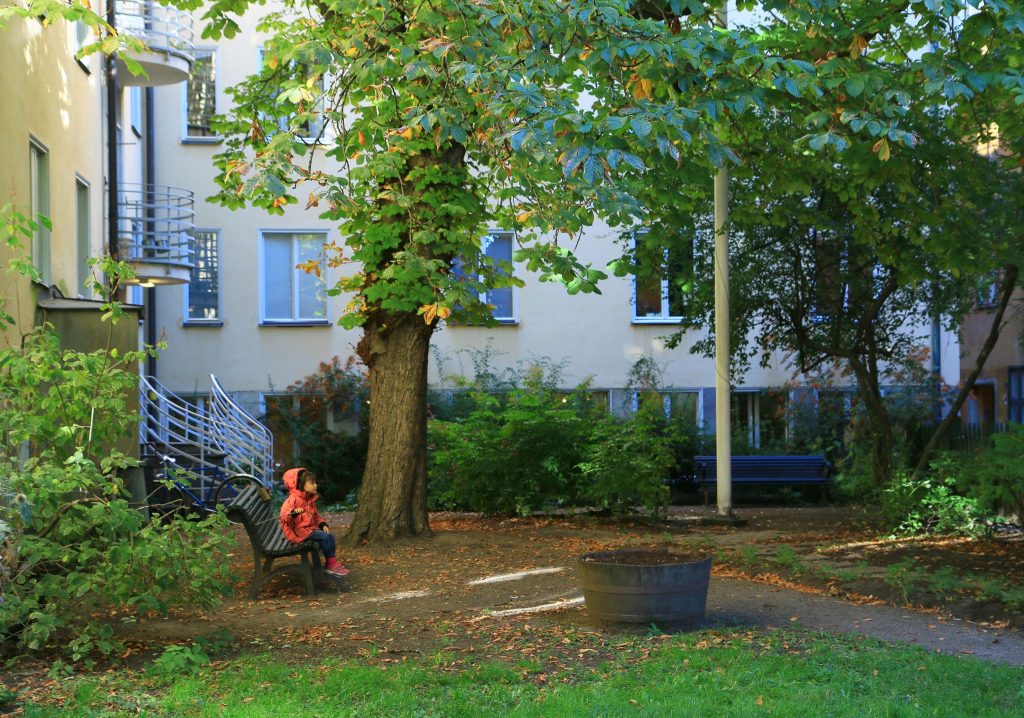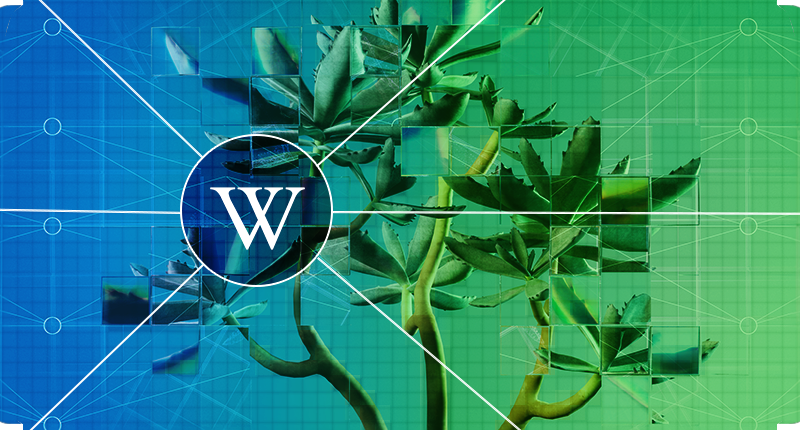Update: The Wikimedia Foundation’s most recent sustainability assessment from 2019 was published on 13 August, 2020. Learn more here.
We at the Wikimedia Foundation strive to ensure that our work and mission support a sustainable world.
Today, we are releasing a sustainability assessment that chronicles the total carbon footprint of the Foundation’s work and commits us to reducing our emissions.
This plan, over two years in the making, will commit us to becoming more environmentally sustainable and conscious of our environmental impact while we work to make free knowledge available to every human being. You can read the full document on Wikimedia Commons, which holds much of the media used on Wikipedia, and find a short summary of the report below.
• • •
Late last year, the Wikimedia Foundation worked with the Strategic Sustainability Group to research our current practices with regards to the environment, help establish baselines, and advise on a possible roadmap forward.
The consultation included the environmental impact of all direct spending of the Wikimedia Foundation, including its internet services, office, distributed staff and contractors, travel, and major events. The consultation did not include the impact of indirect spending, such as grant-funded activity, cash investments, or endowment investments; nor did it look at the totality of the Wikimedia movement’s emissions.
The sustainability report we’ve published today details that the Foundation caused approximately 2.1 kilotonnes of CO₂-equivalent impact in the calendar year 2018:
- 56% was due to electricity usage (data centers and other facilities).
- 26% was due to global air travel.
- 11% was due to hotel stays.
- 7% other.
This impact is approximately the same as the emissions of 251 average US homes’ energy use for one year, according to the US Environmental Protection Agency’s greenhouse gas equivalencies calculator.
What are some of the environmental strengths of the Foundation?
- We are making best efforts to ensure our servers run on sustainable energy and using simple technical architecture when effective, as aligned with our privacy and non-commercialization values. This means that Wikipedia and the Wikimedia projects are sustained with approximately one-thousandth the amount of servers of comparable volume websites.
- Green building features are already in place through property management.
- Wide remote workforce policies and practices, with an office location in an urban area with lots of public transit options; moreover, our many remote workers had half the carbon impact of those in San Francisco, numbers which were very low relative to comparable organizations.
- Our paperless policy and wide use of cloud-based workflows reduces impact
- Telecommuting is already a core part of the internal culture.
- There is strong enthusiasm across the organization, including in senior leadership, for exploring sustainability impacts and opportunities.
What are some of the environmental opportunities for Foundation?
- Explore hosting more virtual meetings and events, rather than in-person.
- Explore carbon offsets as a way to reduce overall carbon footprint in our data centers.
- Engage stakeholders across all channels: employees are eager to learn more and get involved. How can we coordinate action with the wider communities and volunteers?
What are the next steps for the Foundation?
- Create a sustainability policy statement, definition, and context of what sustainability means.
- Develop a sustainability framework with roles and responsibilities, including operations, events, and technical infrastructure.
- Identify and track green key performance indicators. Create a reporting template and schedule for aggregating, validating and communication of results.
For more information about the Wikimedia Foundation’s sustainability efforts, please see our presentation of the report at Wikimania 2019, the annual conference which brings together the community of volunteers who make Wikipedia and the Wikimedia projects possible. You can also ask us a question on the discussion page at meta.wikimedia.org/wiki/Talk:Sustainability.
Lydia Hamilton, Director of Operations, Operations
Deb Tankersley, Program Manager, Technology
Wikimedia Foundation


